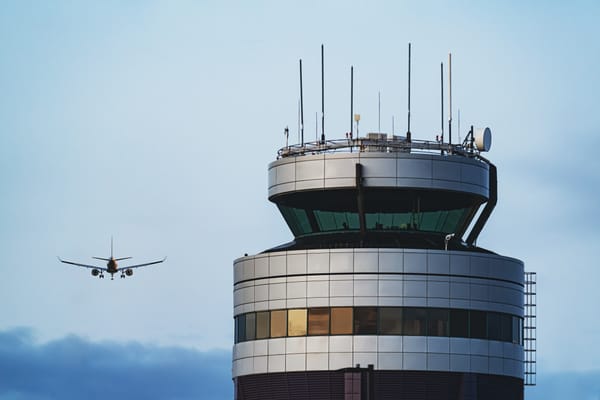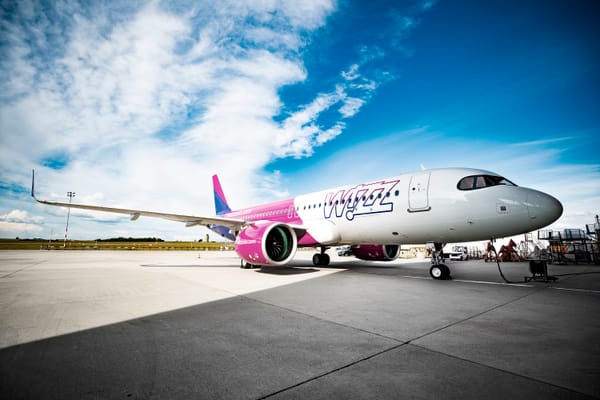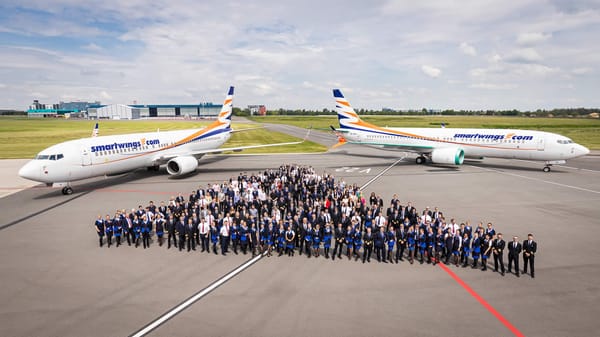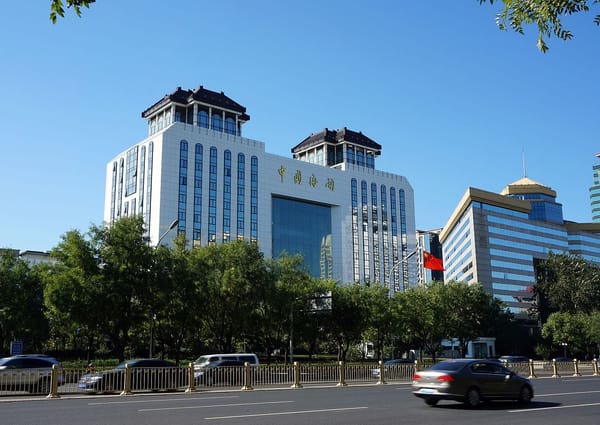
Austria’s aviation sector losing ground amid rising costs, industry warns
The competitiveness of Austria’s aviation market is under increasing pressure, with industry leaders warning that the country risks falling behind its European peers due to mounting costs and taxes. Austrian Airlines chief executive Annette Mann and Ryanair boss Michael O’Leary have both sounded the alarm in recent weeks. Ryanair has already scaled back its operations at Vienna Airport, citing what it calls “excessive” local charges.
Airlines warn of retreat
At the heart of the problem, critics say, are a series of government levies and airport fees that make operating in Austria significantly more expensive than elsewhere. Airlines face a €12 tax per passenger, high service charges at Vienna Airport, and costly air navigation fees from the state-run Austrocontrol. Together, these are said to have created a competitive disadvantage for carriers based in the country.
Ryanair’s O’Leary has repeatedly complained that the high cost base in Austria has forced the airline to cut aircraft and routes from Vienna, redeploying capacity to other, more profitable markets.
Mann, meanwhile, has issued unusually forthright comments in Austrian Airlines’ latest financial report, arguing that taxes on air transport and a challenging geopolitical environment have eroded profitability to the point that the carrier can no longer fund investment from its own resources. This, she said, makes it impossible to expand the fleet or open new routes.
Geopolitics adds to strain
The geopolitical backdrop has compounded the industry’s difficulties. The closure of Russian airspace has added significant time and expense to flights to Asia, while airlines from China and other parts of the Far East continue to operate through the region unimpeded. This, European carriers argue, puts them at a further disadvantage.
Losing altitude
According to the International Air Transport Association (IATA), aviation directly employs more than 47,000 people in Austria, with the total employment impact—including tourism—rising to around 242,000 jobs, equivalent to 5.1% of GDP. The sector also handles over 190,000 tonnes of air freight annually, much of it high-value goods such as pharmaceuticals and electronics.
Despite steady growth—13.6 million passengers departed from Austrian airports in 2023, up 30% over the past decade—the country’s global air connectivity ranking has slipped – International Air Transport Association (IATA) data revealed. Austria now stands 38th worldwide, down from 34th a decade ago.
Industry figures say that without meaningful cost relief, Austria risks losing further ground. Between 2019 and 2024, costs at Vienna Airport are estimated to have risen by nearly 80%. Airlines warn that unless the environment becomes more competitive, they will continue to deploy their aircraft where profitability is higher.





